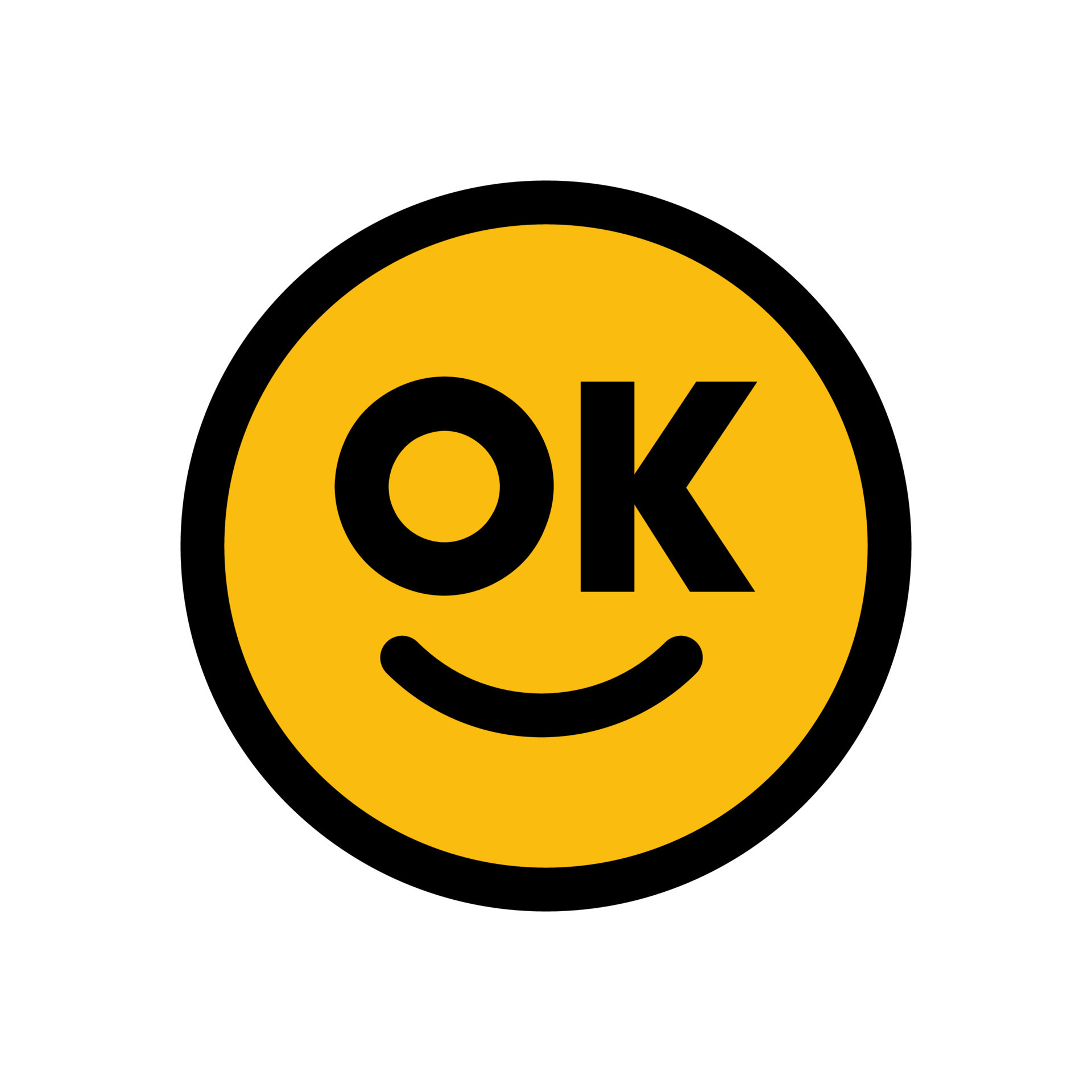Have you ever stopped to think about how often we say "ok"? It's a tiny word, just two letters, yet it carries so much weight in our daily conversations. You know, it's pretty much everywhere, right? From agreeing to something simple to acknowledging a message, "ok" is a real workhorse in the English language. But what about when we hear it paired with something like "Saitama"? That's a curious combination, isn't it? It makes you wonder about the journey of this little word and how it finds its way into modern phrases.
So, you might be asking yourself, what's the story behind "ok"? Where did it even come from, and what did it mean way back when? It's actually a rather interesting tale, full of twists and turns, involving everything from old newspapers to famous musicians. We use "ok" so naturally now, it's easy to forget it had to start somewhere, isn't it?
This article will take a closer look at the rich history of "ok," exploring its origins and how it became one of the most common words across the globe. We'll also consider how this versatile word, so often used for approval or acceptance, might connect with a name like "Saitama" in today's world. It's truly a word that bridges generations and contexts, you see.
Table of Contents
- The Roots of "Ok": Where Did It All Begin?
- What "Ok" Really Means
- "Ok" Versus "Okay": Any Real Difference?
- "Ok Saitama": In a Modern Context
- Frequently Asked Questions About "Ok"
The Roots of "Ok": Where Did It All Begin?
The origin of "ok" is, in a way, a bit of a mystery that has puzzled word lovers for quite some time. For many years, people argued about where this super common word actually came from. It's funny, isn't it, how such a simple word could have such a debated past? The theories about its beginnings are pretty varied, and they tell a story of how language can just, sort of, evolve in unexpected ways.
Theories and Tales Behind "Ok"
One popular idea, which is pretty interesting, suggests "ok" started as a playful misspelling. Back in the 1830s, there was a trend in Boston newspapers to use humorous abbreviations, like "o.k." for "all correct," spelled intentionally wrong as "oll korrect." It's almost like a little inside joke that just stuck around, you know? This theory points to a specific newspaper article as one of the earliest printed uses, which is rather neat for a word that seems so timeless.
Another theory, actually, connects "ok" to the Choctaw language. Some believe it comes from the Choctaw word "okeh," meaning "it is so" or "it is thus." This idea gained some traction, especially because of its use by figures like Pete Seeger, the folk singer, who apparently favored the "okeh" spelling. It's a fascinating thought that a word so deeply American could have roots in an indigenous language, isn't it? These differing stories just show how rich and complex word origins can be.
And then, there are many other ideas floating around, some less convincing than others. What's clear, though, is that "ok" really took off in American English. It quickly became a go-to expression for showing approval, acceptance, or agreement. It's pretty much a linguistic success story, if you think about it.
A Word with Many Forms
You might see "ok" written in a bunch of different ways. There's "okay," "okeh," "o.k.," and even others. It's kind of like how people write their names differently, but they're still the same person, you know? These variations show just how much the word has been adopted and adapted over time. Despite the different looks, the core meaning pretty much stays the same.
Interestingly, "ok" is actually considered the original preferred spelling. So, when you write "ok," you're kind of going back to its earliest, simplest form. It's a little piece of history right there in your everyday writing, which is pretty cool, honestly.
What "Ok" Really Means
At its heart, the meaning of "ok" is really quite simple: it means "all right." But, like many simple words, its actual use is incredibly broad. It's like a small tool that can do a whole lot of different jobs, you know? This versatility is a big reason why it's so widely used across different languages and situations.
Expressing Agreement and Acceptance
Most of the time, we use "ok" to show that we agree with something or that we're fine with doing something. If someone asks, "Can we meet at 3?" and you say, "Ok," you're basically saying, "Yes, I agree to that time." It's a quick, easy way to give your approval. This straightforward use makes conversations flow really smoothly, which is a big help, actually.
It's also used to show acceptance. If a situation isn't perfect but is still acceptable, you might say, "It's ok." It implies a level of contentment, even if it's not absolute excitement. So, it's not just about saying "yes," but also about saying "this works," which is pretty useful.
"Ok" in Everyday Talk
Beyond simple agreement, "ok" is extremely versatile in how we use it. For example, it can be used to ask for or express understanding. You might say, "I'll pick up the groceries, ok?" This is asking for confirmation that the other person understands and agrees. It's a way of checking in, you see.
It can also be used to change the topic or get someone's attention. Think about starting a sentence with, "Ok, so about that other thing..." It acts as a little verbal bridge, helping you shift gears in a conversation. It's a pretty clever little word for that, honestly.
Sometimes, "ok" is used just for emphasis, especially at the beginning of a statement. "Ok, I'm really going to focus on this now." Here, it adds a bit of seriousness or determination to what you're about to say. It's like a verbal drumroll, in a way, which is rather effective.
All these uses, whether for agreement, understanding, or emphasis, are pretty much the same word. They can be swapped out for one another in both casual and more formal writing situations. That's what makes "ok" such a powerhouse in our language, really.
"Ok" Versus "Okay": Any Real Difference?
This is a question many people have, and it's a good one, you know? Is there a big difference between "okay" and "ok"? The short answer is, not really. The meaning and how you use them are basically the same. It's pretty much a matter of personal preference or what style guide you're following, if you're writing something formal.
As we talked about earlier, "ok" is actually the original, older spelling. "Okay" came along a bit later, becoming a common alternative. Both are completely acceptable and understood by everyone. So, whether you type "ok" in a quick text or write "okay" in an email, you're getting your message across just fine. It's kind of comforting that such a common word gives us that flexibility, isn't it?
"Ok Saitama": In a Modern Context
So, we've explored the deep roots and wide uses of "ok." Now, what happens when you put it together with a name like "Saitama"? This combination, "ok Saitama," isn't a traditional idiom or a phrase with a long history like "ok" itself. Instead, it seems to reflect how "ok" can attach to anything in modern communication, especially with names that resonate in popular culture.
For many, "Saitama" brings to mind a certain well-known character from a popular series, known for his incredible strength and, rather notably, his often calm, understated reactions. His catchphrase, or really, his typical response to pretty much anything, is often a very simple, almost bored "ok." So, when someone says "ok Saitama," it could be a playful nod to that character's famous nonchalance or his general acceptance of bizarre situations. It's a way of saying, "Yeah, that's fine, no big deal," with a little wink to a familiar persona.
This kind of pairing shows how language is always growing, you know? A word as old and established as "ok" can easily blend with new names and cultural references, creating fresh, informal expressions. It's a testament to the word's adaptability, truly. It just fits, pretty much anywhere you need it to.
Whether it's used to simply acknowledge something to a person named Saitama, or to evoke the calm, unfazed attitude of the character, "ok Saitama" is a modern example of "ok" doing what it does best: conveying acceptance, understanding, or just a general state of being "all right." It shows how our simple words continue to pick up new shades of meaning, which is rather cool, isn't it?
You can learn more about the fascinating history of words, including "ok," by exploring linguistic resources online. It's a truly interesting subject, honestly. A good place to begin your own word journey might be a reputable etymology website, for instance, a place where word origins are carefully explained. You could check out a site like Etymology Online to see how words have changed over time.
Frequently Asked Questions About "Ok"
Where does "ok" come from?
The exact origin of "ok" has been debated for many years, you know? One popular theory suggests it started in the 1830s as a humorous misspelling of "all correct" ("oll korrect") in Boston newspapers. Another idea, actually, links it to the Choctaw word "okeh," meaning "it is so." Both theories point to its American English beginnings, which is rather interesting.
What does "ok" stand for?
Originally, if we go with the newspaper theory, "ok" was an abbreviation for "oll korrect," a playful misspelling of "all correct." So, in a way, it stands for "all correct" or "all right." Over time, its meaning broadened to include general approval, acceptance, or agreement, which is pretty much its main use today.
What did "ok" originally mean?
At its very beginning, "ok" meant "all correct" or "all right." This was its primary sense when it first appeared in print. From there, it quickly grew to encompass a wide range of meanings related to agreement, acceptance, and approval. It's amazing how a simple, perhaps even silly, beginning could lead to such a widespread and essential word, you see.



Detail Author:
- Name : Grant Rowe
- Username : kessler.lois
- Email : marie50@terry.com
- Birthdate : 1975-08-11
- Address : 367 Priscilla Estate Lake Sallie, AZ 92882-1905
- Phone : 360.509.2894
- Company : Stoltenberg-VonRueden
- Job : Fishing OR Forestry Supervisor
- Bio : Repellat non dolore quis qui ad eum ut. Quam dolores laborum optio.
Socials
tiktok:
- url : https://tiktok.com/@schroeder1971
- username : schroeder1971
- bio : Ipsam laborum dolore rerum impedit.
- followers : 5532
- following : 2952
instagram:
- url : https://instagram.com/lilla_schroeder
- username : lilla_schroeder
- bio : Et possimus harum omnis iusto aperiam aut. Iste similique nemo similique impedit consequatur quia.
- followers : 2486
- following : 582
twitter:
- url : https://twitter.com/lilla1904
- username : lilla1904
- bio : Saepe minima accusamus omnis accusantium atque non est. Voluptate eaque quam sed quidem voluptatum nisi architecto. Illum qui quo assumenda est et.
- followers : 4717
- following : 636
linkedin:
- url : https://linkedin.com/in/lillaschroeder
- username : lillaschroeder
- bio : Error quam et et fugit deleniti.
- followers : 6768
- following : 358

